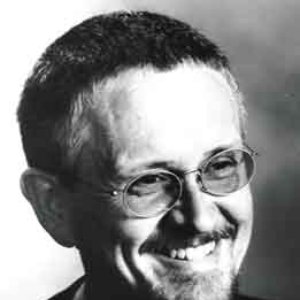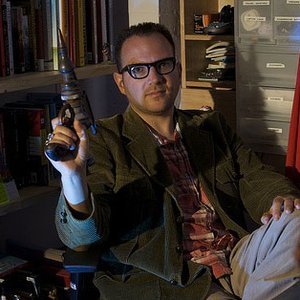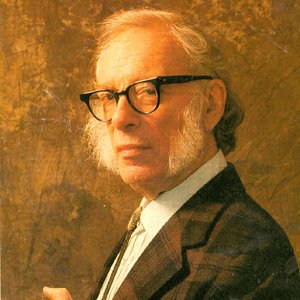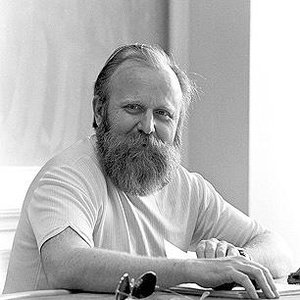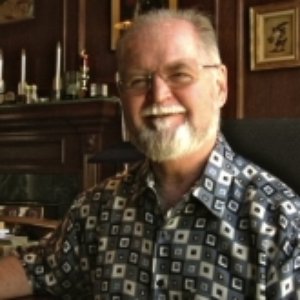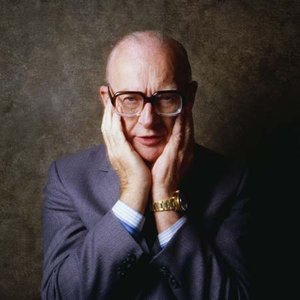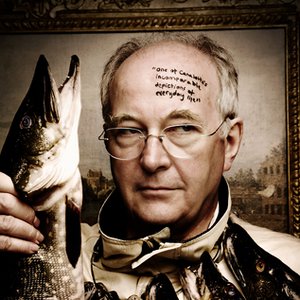Biography
-
Born
17 March 1948 (age 76)
-
Born In
Conway, Horry County, South Carolina, United States
William Ford Gibson, born March 17, 1948 (1948-03-17) (age 59), in Conway, South Carolina is an American-Canadian writer who has been called the "noir prophet" of the cyberpunk subgenre of science fiction. Gibson coined the term cyberspace in 1982, and popularized the concept in his debut novel, Neuromancer (1984). In depicting a visualised worldwide communications network before the ubiquity of the Internet, Gibson is credited with anticipating important aspects, and establishing the conceptual foundations, of the Internet and the Web in particular.
Having moved around frequently with his family as a child, Gibson grew to be a shy, ungainly teenager and, rejecting religion, he took refuge in reading science fiction. After spending his adolescence at a private boarding school in Arizona, Gibson dodged the draft at the onset of the Vietnam War by emigrating to Canada, where he became immersed in counterculture and after a few years became a full-time author. Gibson's early writings are generally futuristic stories about the effect of cybernetics and cyberspace on humans; lowlife meets high tech. In the 1980s, Gibson's short stories developed a noir, bleak feel and after attracting publication in science fiction magazines, effectively renovated the science fiction genre itself, at the time considered widely insignificant. The themes, settings and characters developed in these stories ultimately culminated in his first novel, Neuromancer, which garnered unprecedented critical and considerable commercial success, virtually launching the cyberpunk literary movement.
Although much of Gibson's reputation has remained rooted in Neuromancer, his work has continued to evolve conceptually and stylistically. After expanding on Neuromancer with two more novels to complete the dystopic Sprawl trilogy, Gibson became central to an entirely new science fiction sub-genre – steampunk – with the publication in 1990 of the alternate history novel The Difference Engine, written in collaboration with Bruce Sterling. In the 1990s he composed the Bridge trilogy of novels, which focused on sociological observations of near future urban environments and late stage capitalism. His most recent novels - Pattern Recognition (2003), and Spook Country (2007) - are both set in a contemporary universe and have put Gibson's work onto mainstream bestseller lists for the first time.
In terms of recognition, The Literary Encyclopedia identifies Gibson as "one of North America's most highly acclaimed science fiction writers". To date Gibson has written a number of short stories, nine critically acclaimed novels (one in collaboration), a nonfiction artist's book, has contributed articles to several major publications and collaborated extensively with performance artists, filmmakers and musicians. Feted by The Guardian in 1999 as "probably the most important novelist of the past two decades", his thought has been cited as an influence on science fiction authors, in academia, cyberculture, and technology. Although he retains dual citizenship, William Gibson has lived in Vancouver, Canada since leaving America in the 1960s.
Artist descriptions on Last.fm are editable by everyone. Feel free to contribute!
All user-contributed text on this page is available under the Creative Commons Attribution-ShareAlike License; additional terms may apply.


